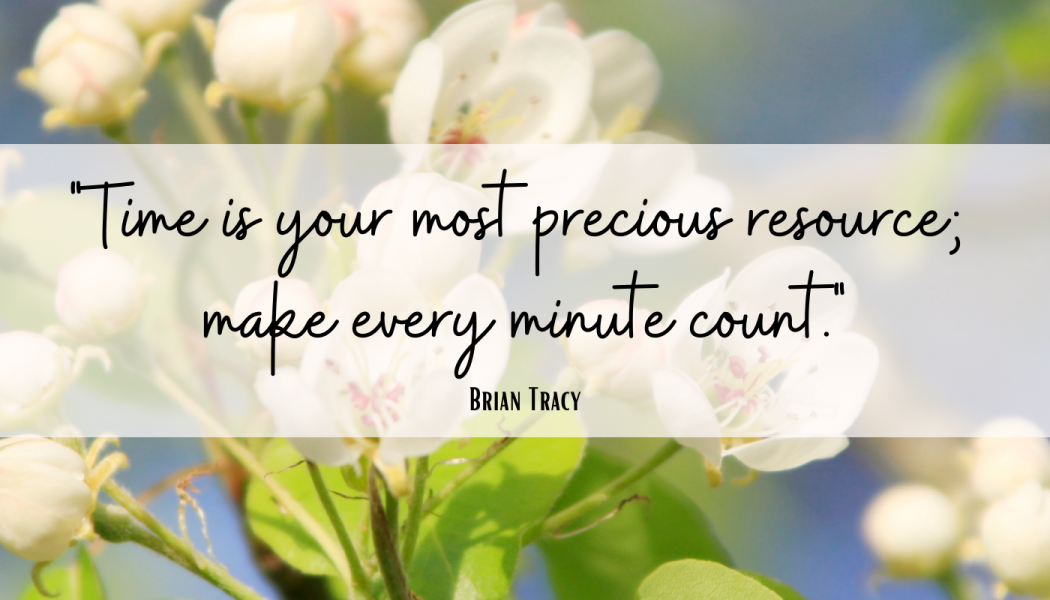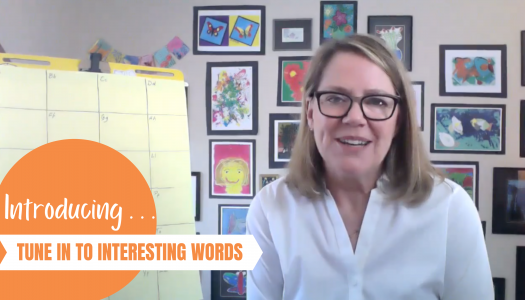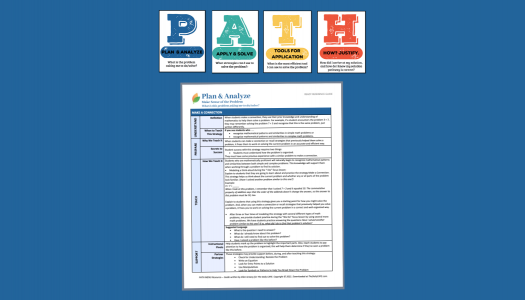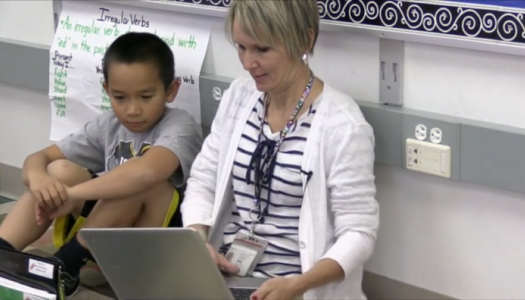
Allison Behne
Time. When we are having fun, meeting a deadline, or reminiscing about good times, it goes too quickly. When we are waiting for something or not enjoying ourselves, it drags on forever. I recently heard someone speak about a clock that his grandfather had passed along to him. He shared that when it chimed on the hour, his grandfather would always say, “Tick tock, another hour passed. What did you do with your last hour? Was it a good hour, a productive hour? Did you use your time well?” His grandfather told him that the hourly chime served as a reminder to him that time passes quickly and we should make the most of the hours in our day.
As I thought about that a little more, I realized that in a 12-hour day, looking at my phone five minutes an hour consumed a whole hour of my day! And, our days are often longer than that (and so is our phone time). Wow. That question repeats in my mind . . . “What did you do with your last hour?” And even more important is the question “Did you use your time well?”
This reminds me of a session I attended at the Iowa Reading Conference a few years ago where Dr. Mary Howard spoke about professional decision making. Talk about making the most of her time! Dr. Howard filled her 50-minute session with thought-provoking questions, valuable and factual information, and a call to action for those who were listening.
One of her questions has stayed with me and still serves as a motivator when I plan. She asked, “How do our daily professional choices serve to either maximize or minimize our precious limited time with students?” The choices we make have the ability to take children to the highest of heights, and in the same way can do the opposite. This includes the choice of how we spend our time with students each day.
Dr. Howard went on to highlight the significance of her point. She shared an example of a 90-minute literacy block and explained that a mere 10 minutes spent on transitions/getting started/cleaning up adds up. Ten minutes a day times 180 school days a year equals 1800 minutes. Putting this in perspective, 1800 minutes is equal to 20, 90-minute reading blocks. That is 20 days of reading instruction . . . gone. Time is precious, and how we spend it makes a difference. Ten minutes wasted today turns into days of instruction missed in the school year.
Tick. Tock.
As we end each day, both professionally and personally we may want to ask, “Did I make the most of my time today?”
Looking for ways to get the most out of your instruction time? Check out this week's resources.










